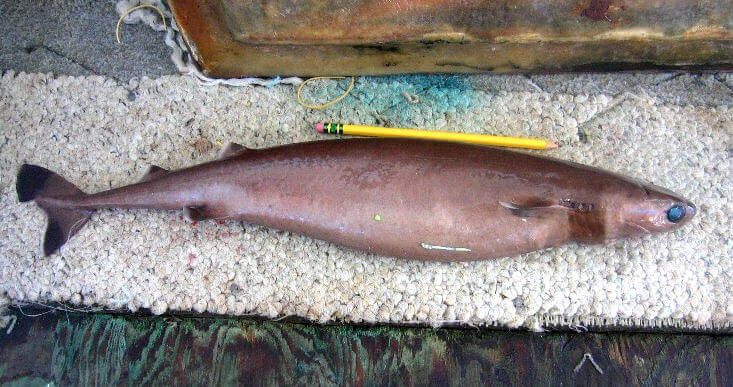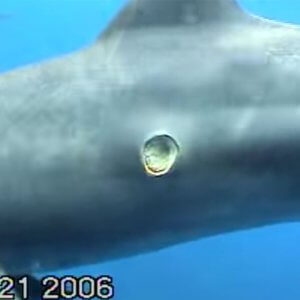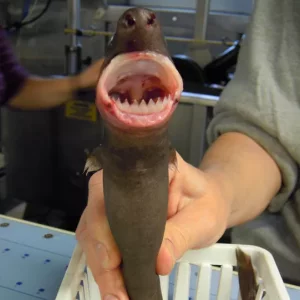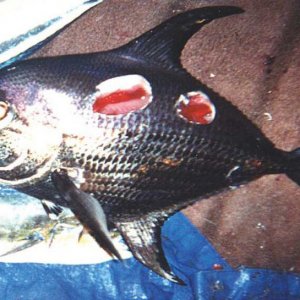
When it comes to shark, what comes to your mind?
Most people will tell you that the image that comes up is a very large adult Great White Shark. Very few variations will only happen with those who know, have studied or dived with some other type of shark. Just like when they think of sharks, the behavior is certainly that of an Apex Predator.
Because as not everyone knows, there are sharks that, despite being very large, are not predators and much less carry out violent attack maneuvers. Examples are the water filters Whale and Basking Sharks. We will talk about them in the future.
Today our theme is a very small shark, which is even called a cigar for that very reason, and which is not top of the chain, being even called a parasite.
Isistius brasiliensis
Well then, the shark scientifically called Isiss brasiliensis, is a shark out of the curve and controversial! If science created the nomenclature system precisely to avoid confusion, the same does not happen with popular nomenclature. This little shark, which rarely exceeds 50 centimeters in length, starts out being small and not top of the chain. He is not even called a predator, but a parasite. And the controversies continue with its name. It is called Cookie Shark. Or Biscuit? Residents of Rio de Janeiro and São Paulo will debate for hours and hours and hours on this topic.

It usually lives in deep water, up to the bathypelagic zone (between 1000 and 4000 meters deep) and usually migrates vertically during the day, returning to the bottom at night.
This small shark is actually a facultative ectoparasite of larger animals, and it feeds by biting other sharks or whales, using its specialized teeth and mouth as a suction cup. This procedure, combined with body movements, results in a round bite, pulling small bites of the victim in the shape of cookie. Hence your name!
In addition to sharks and whales, other large fish and even in rare human cases have been recorded injuries attributed to this shark.





